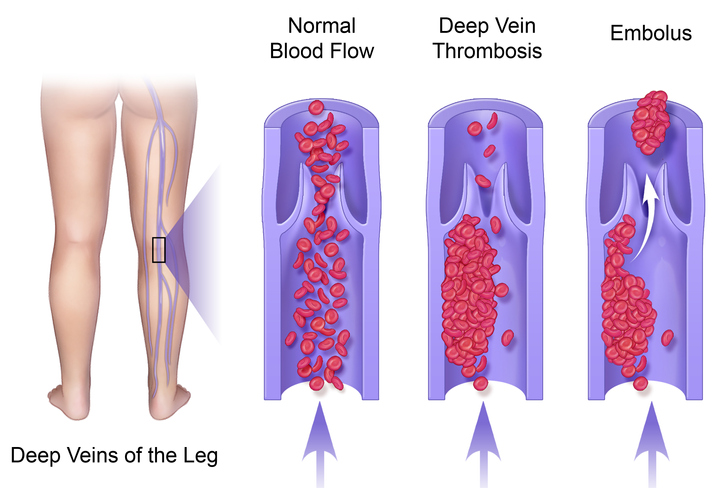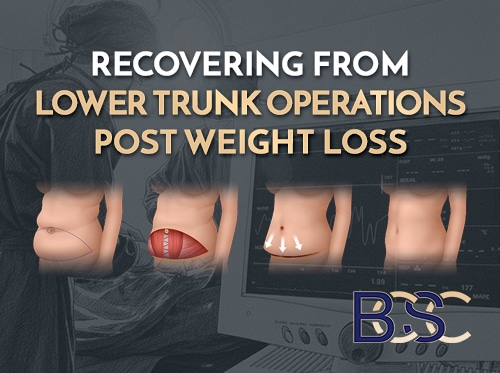Travelling After Brachioplasty Surgery: A Complete Guide
Brachioplasty (arm lift surgery) is a significant procedure that requires careful recovery. One of the most common questions patients ask is: “When will I be able to travel again?” The answer is not the same for everyone. Your treating surgeon will give you specific guidance based on your operation and health. If you have a planned holiday, work conference, or family commitment within the first few weeks of recovery, you may need to reschedule.
Always follow your surgeon’s advice, as travelling too soon after surgery can increase the risk of complications.
Why Patients Consider Travelling Soon After Surgery
Everyday life continues after surgery, and patients may feel pressure to travel. Common reasons include:
- Work obligations or conferences
- Pre-booked holidays
- Returning home following medical treatment
- Family emergencies
Why It Is Best to Delay Travel
While it may be tempting to resume normal activities quickly, early travel is often discouraged:
- Travel can be stressful – even positive stress can affect your body’s ability to heal.
- Tourism can be exhausting – overexertion reduces rest and recovery.
- Complications are harder to manage – being far from your surgeon makes follow-up difficult.
- Travel plans may be unpredictable – delays or long layovers can strain your body.
- Blood clot risk – prolonged sitting, whether in a car or on a plane, increases the chance of deep vein thrombosis (DVT).
Flying After Brachioplasty
Air travel is possible after surgery, but it carries additional considerations.
How soon can I fly?
General recommendations suggest avoiding air travel for at least 10–14 days after major surgery, but your surgeon may advise a longer timeframe.
Reducing the risk of DVT on flights

- Walk the aisle for a few minutes every hour if possible.
- Perform simple leg and ankle exercises in your seat.
- Stay hydrated and avoid excessive alcohol.
Other flight considerations
- Cabin pressure: unlikely to cause incision separation, but swelling may worsen.
- Comfort: turbulence can make tenderness more noticeable.
- Clothing: wear loose, breathable fabrics that won’t irritate incision sites.
- Luggage: avoid lifting heavy bags until your surgeon clears you for such activity.
- Medications: bring enough prescribed medication in original packaging.
- Compression garments: continue wearing them as instructed during the flight.
Driving After Brachioplasty
Road travel is generally possible within a few weeks, provided you follow precautions:
- Driving yourself is usually not allowed for 2–3 weeks after surgery.
- Take breaks to walk every hour to reduce DVT risk.
- Avoid heavy lifting (e.g. loading luggage) for at least 4–6 weeks.
- Check with your surgeon before any long car trip.
- Ask for help getting in and out of the car during the early weeks if needed.
Holidays and Leisure Travel
If planning a holiday, timing is important. Most surgeons recommend waiting at least 2–3 weeks before considering travel, and longer for more active itineraries.
Things to keep in mind:
- Clothing: pack loose, soft clothing.
- Emergency planning: know the location of local hospitals and keep your surgeon’s contact details with you.
- Sun exposure: scars are vulnerable to UV light. Use clothing or sunblock for protection.
- Scar visibility: fresh scars can be covered with lightweight sleeves, shawls, or jackets.
- Activity level: avoid strenuous activities, saunas, or hot tubs until fully healed.
- Sleeping position: elevated sleeping positions may reduce swelling and improve comfort.
Practical Tips for Safer Travel After Surgery
- Stay well hydrated.
- Prioritise rest and avoid over-scheduling your trip.
- Take regular movement breaks when sitting for long periods.
- Limit alcohol and salty foods.
- Carry over-the-counter pain relief approved by your surgeon.
- Only travel once your surgeon has cleared you.
Key Takeaway
Travelling after brachioplasty requires careful planning. The safest approach is to delay major trips until your surgeon confirms it is appropriate. Always prioritise your recovery over external commitments, as complications can arise if travel occurs too soon.


